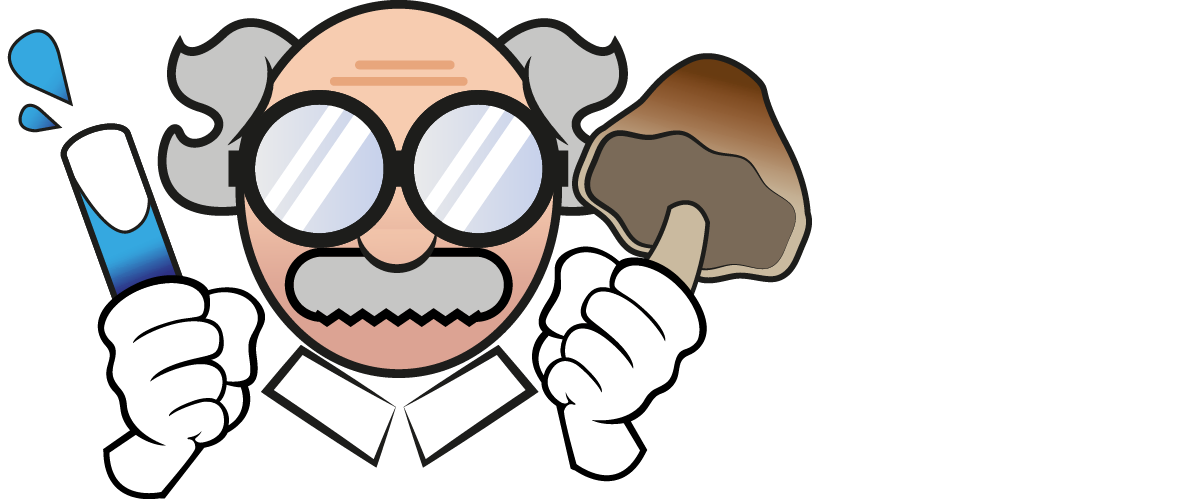Drugs that don't stand out: alcohol
Alcohol can be found everywhere. When you go out to eat, when you go out, even on television and in movies you see people drinking alcohol. That ensures that we actually find alcohol quite normal. It is much more accepted than drugs, such as magic mushrooms, LSD or cocaine. And yet, alcohol is also a mind-altering substance that is both mentally and physically addictive. It is a very harmful substance, yet alcohol is a drug that goes unnoticed.
Inconspicuous drugs: alcohol
There are many substances that we use every day that, without us thinking about it, have a major impact on our body and brain. They are just as many drugs, but much more accepted than cannabis or psilocybin. Which is actually very strange, because from study shows that alcohol is much more harmful than these two mind-altering drugs. In this blog, we discuss the inconspicuous drug alcohol.
Most people know that alcohol is not healthy and can even be harmful to you. However, it is not always clear how harmful this substance actually is. We can easily make that clear with the help of some facts about alcohol. For example, about 5,000 people die every year from the effects of alcohol in the Netherlands and 3 million worldwide. A link can be made between alcohol consumption and 230 different diseases. The top 5 diseases you can get from alcohol are:
- Korsakov's Disease
- Myocardial infarction
- Cancer
- High blood pressure
- Liver cirrhosis
When you drink alcohol, the substance dissolves in the blood and can be distributed throughout the body. It can therefore cause damage anywhere.

The effects of alcohol in the body
What exactly happens when alcohol enters your body? It activates the neurotransmitter GABA (Gamma-aminobutyric acid). This substance has an inhibitory and anaesthetic effect, giving your brain the signal to slow down. This also affects your behaviour. Many people find themselves becoming more emotional and overestimating themselves. GABA is everywhere in the brain, and the effect of alcohol is therefore a poorer functioning of the brain in general.
Furthermore, your heart rate goes up, the kidneys have to work harder to process the alcohol and that results in your body becoming dehydrated. The liver is the organ responsible for breaking down alcohol. With chronic alcohol use, the liver can become diseased and scarred (cirrhosis).
Below, you can see what the effects of alcohol are, depending on how much you drink. How you react to alcohol partly depends on your genes, but also on the environment.
0 to 0.5 promille
0.5 promille is comparable to 1 to 3 drinks. If you have had a drink, your breathing and heart rate will speed up. You may feel as if you are glowing and your perception is deteriorating somewhat. Some people find that their inhibitions loosen.
0.5 to 1.5 promille
You have now drunk between 3 and 7 glasses of alcohol. Not only you can notice this, others too. Your responsiveness is less and your memory and balance also deteriorate. You can also suffer from tunnel vision. That's why it's really dangerous to get behind the wheel now.
1.5 to 3 promille
If you have 1.5 to 3 promille of alcohol in your blood, you have drunk about 7 to 15 glasses of alcohol. Chances are you're drunk. Some people then become cheerful and social, but others become aggressive. What drunk people have in common is that their judgment diminishes. In addition, you can be nauseous and vomit.
3 to 4 promille
Your body will have long since given you signals that it is time to stop drinking. If you continue and drink more than 15 glasses, you run the risk of serious health problems. Your senses won't work properly anymore and your memory will fail you.
4 promille or more
With 25 glasses of alcohol or more, the situation becomes life-threatening. The alcohol causes your heart rate and breathing to slow down. You run the risk of ending up in a coma, which is why this is also called coma drinking. If your breathing or your heart eventually stops, you can also die from this.

Measuring alcohol in your blood
Alcohol remains in your blood for some time. Your liver needs time to break down the substance, on average the organ can break down 7 grams of alcohol per hour. If you have drunk a glass of alcohol, you should take into account that the alcohol will continue to circulate in your blood for about 1.5 hours. If you are arrested, a breathalyzer can be taken. This allows the percentage to be measured. As long as the alcohol concentration is below 0.5%, there is no problem. If this is higher, a more accurate test will be taken at the desk.
Alcohol addiction and stopping drinking
Sometimes drinking a glass of alcohol can't hurt that much. Alcohol is addictive, both physically and mentally. You build up tolerance, which means that the more alcohol you drink, the more desensitized you become to the substance. So you tend to drink more and more.
In addition, you will suffer from withdrawal symptoms if you try to stop drinking alcohol. These can be unpleasant and uncomfortable symptoms such as muscle cramps, gloominess, trembling hands, sweating and nausea. But also more serious, such as delirium tremens, where you can hallucinate. Seizures or seizures can also occur. You lose consciousness for a short time. These serious withdrawal symptoms are rare and only if you have been drinking to excess for more than 10 years.
Drinking alcohol is considered normal, but the effects of alcohol on your health are not bad. If you know that you sometimes drink too much or perhaps chronically too much, it is a good idea to cut down, or even better, to stop. Take advantage of the popular 30-day detox. Choose the new year as a time to stop and join Dry January.
But any time is a good time to (temporarily) stop drinking alcohol. You give your liver the chance to recover, your sleep patterns can normalize, and your brain comes back into balance. Quitting alcohol is good for your health and you will probably feel much fitter, clearer and more yourself.







